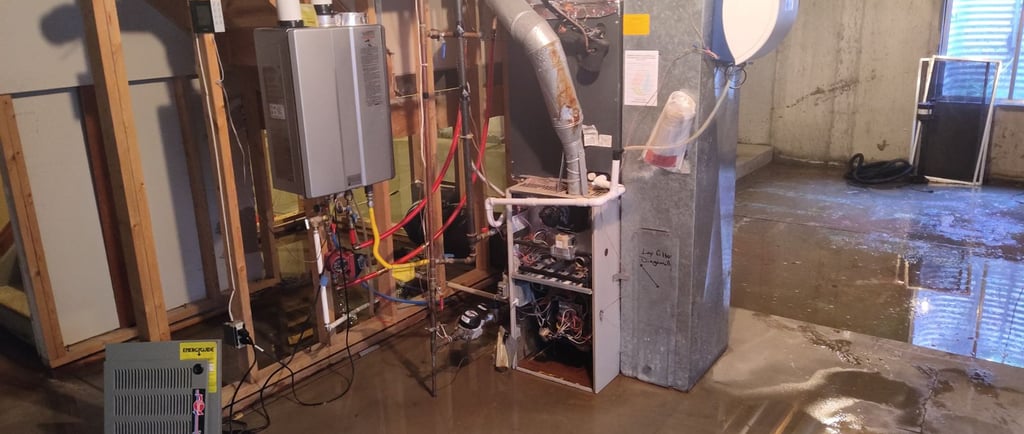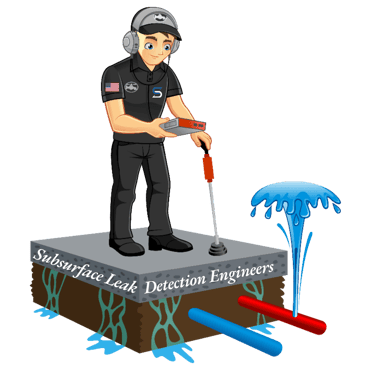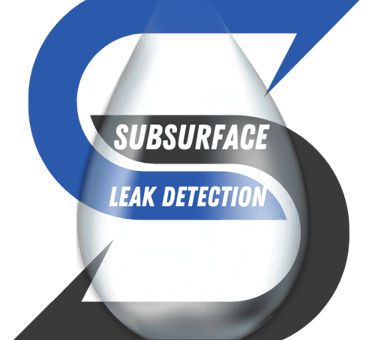Battling Basement Water Intrusion


Title: Battling Basement Water Intrusion: Understanding Hydrostatic Pressure and Solutions for Colorado Homes
Colorado, with its diverse landscapes and varying weather patterns, presents unique challenges for homeowners, especially those with basements. One of the most persistent issues faced by homeowners in the Centennial State is water intrusion into basements, particularly during the summer months. This infiltration often stems from hydrostatic pressure buildup against the foundation, leading to damp, flooded, or even damaged basements. Understanding the causes and implementing effective solutions is paramount to maintaining a dry and safe home environment.
Hydrostatic Pressure: The Silent Invader
Hydrostatic pressure occurs when water accumulates around the foundation of a home, exerting force against it. In Colorado, where heavy rains, melting snow, and fluctuating water tables are common, this pressure can become a significant problem. As water saturates the soil, it seeks paths of least resistance, often finding its way through cracks, gaps, or porous materials in the foundation. Over time, the relentless force of hydrostatic pressure can compromise the structural integrity of the foundation and result in costly damage to the basement.
Solutions for Colorado Homes
To combat water intrusion caused by hydrostatic pressure, proactive measures are essential. Two primary solutions recommended for Colorado homes are sump pumps with sump pits and perimeter drains.
Sump Pumps with Sump Pits: Installing a sump pump with a sump pit is an effective way to manage excess water around the foundation. The sump pit collects water that seeps into the basement, and the sump pump then pumps it away from the home, preventing it from accumulating and causing damage. Regular maintenance and monitoring of sump pumps are crucial to ensure they remain operational when needed most.
Perimeter Drains: Another solution is the installation of perimeter drains, also known as French drains, which redirect water away from the foundation. These drains are installed around the perimeter of the home, intercepting water before it reaches the foundation walls. The collected water is then directed towards a suitable drainage system, such as the city sewer system, effectively preventing hydrostatic pressure buildup and reducing the risk of basement flooding.
Professional Assistance: The Key to Effective Leak Detection
While these solutions offer significant protection against water intrusion, it's essential to address any underlying issues promptly and accurately. Not all instances of water in the basement are solely due to hydrostatic pressure, and determining the exact cause requires expertise. This is where professional leak detection companies, such as Subsurface Leak Detection, play a crucial role.
Subsurface Leak Detection serves homeowners along the Front Range of Colorado, including Colorado Springs, Castle Rock, Denver, Aurora, Longmont, and Pueblo. With their specialized knowledge and advanced equipment, they can accurately assess the source of water intrusion in basements. Whether it's a result of hydrostatic pressure, plumbing leaks, or other factors, their expert technicians can provide comprehensive solutions tailored to each homeowner's needs.
Conclusion
Water intrusion in basements caused by hydrostatic pressure buildup against the foundation is a common issue faced by many homeowners in Colorado. However, with proactive measures such as sump pumps, perimeter drains, and professional leak detection services, it's possible to mitigate the risks and safeguard homes against potential damage. If you're experiencing water intrusion in your basement, don't delay—reach out to a reputable leak detection company like Subsurface Leak Detection to assess your home and find the exact cause. Remember, addressing water intrusion promptly can prevent costly repairs and ensure a dry and comfortable living environment for years to come.
For assistance with basement water intrusion issues, contact Subsurface Leak Detection at (719) 749-6850 or (303) 520-0778.


